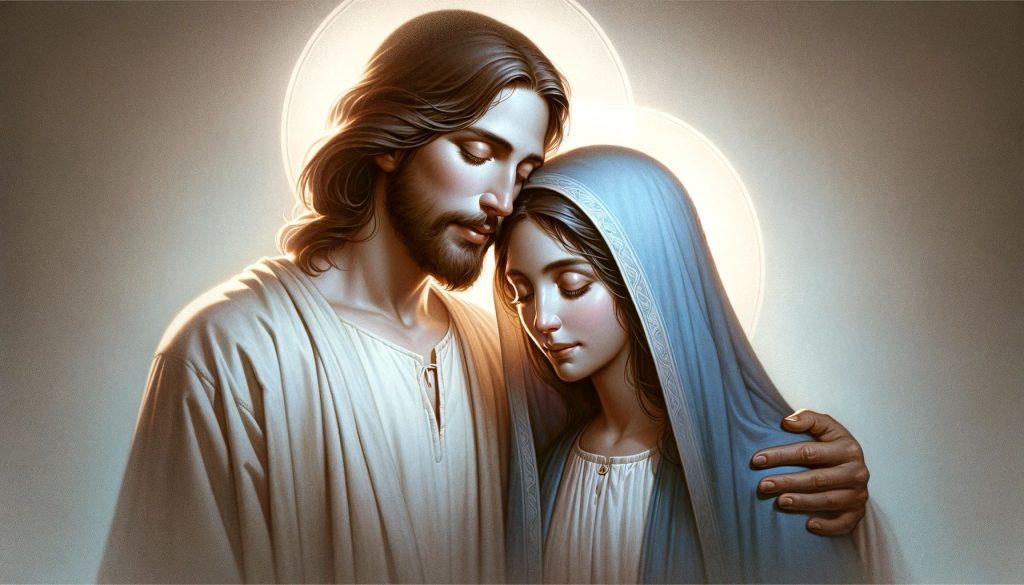The act of crossing oneself, a practice often observed among Catholics, is steeped in rich historical and theological significance. This gesture, simple yet profound, is deeply rooted in the Christian tradition, dating back to the early centuries of the Church. It serves as a vivid reminder of the crucifixion of Jesus Christ and symbolizes the profound mystery of our faith.
In his letter to the Galatians, St. Paul eloquently expresses the centrality of the cross in Christian life: “But God forbid that I should glory, save in the cross of our Lord Jesus Christ; by whom the world is crucified to me, and I to the world” (Galatians 6:14, Douay–Rheims Bible). This passage underscores the cross’s paramount importance in Christian identity and worship, as it represents the ultimate sacrifice of Jesus for the salvation of humanity.
The Early Christians and the Sign of the Cross
The early Christians held the sign of the cross in high esteem, integrating it into various aspects of their daily lives. Tertullian, an early Christian author who lived around 240 A.D., vividly describes this practice: “In all our travels, in our coming in and going out, in putting on our clothes and our shoes, at table, in going to rest, whatever employment occupies us, we mark our forehead with the sign of the cross.” This quotation illustrates the pervasiveness of the cross in the lives of the faithful, marking it as a symbol of their devotion and a reminder of God’s presence in every moment.
St. Ephrem, another early Christian figure who died in 373 A.D., also emphasized the importance of the cross in daily life: “My son, mark all your actions with the sign of the life-giving cross. Do not go out from the door of your house till you have signed yourself with the cross. Do not neglect that sign whether in eating or drinking or going to sleep, or in the home or going on a journey. There is no habit to be compared with it. Let it be a protecting wall round all your conduct, and teach it to your children that they may earnestly learn the custom.” His words encapsulate the deep spiritual and protective significance attributed to the sign of the cross.
Continuity and Discontinuity in Christian Tradition
The enduring practice of making the sign of the cross among Catholics stands as a testament to the unbroken tradition that traces back to the early Church. An early Christian would indeed find familiarity and comfort in the Catholic expression of faith, recognizing the continuity of traditions and beliefs. Conversely, the absence of this practice in many Protestant denominations highlights a departure from these ancient customs, reflecting the theological and liturgical divergences that have emerged over the centuries.
In summary, the sign of the cross is not a mere superstitious act but a profound expression of faith that connects modern believers with the early Christians. It serves as a tangible reminder of Christ’s sacrifice and a symbol of the Christian’s journey through life, guided and protected by the power of the cross.
🙏 PayPal Donation Appreciated
The Case for Catholicism - Answers to Classic and Contemporary Protestant Objections
Disclaimer: As an Amazon Associate, I earn from qualifying purchases. Thank you.
